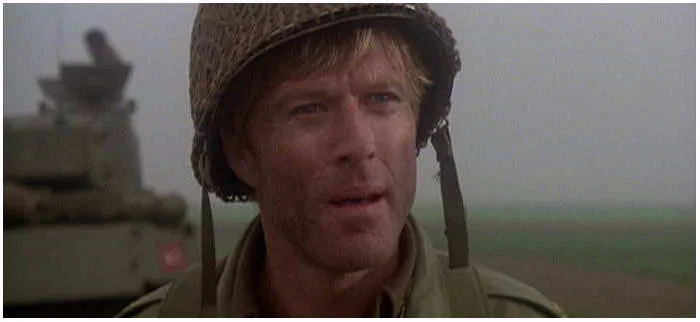In the book Made to Stick, they call it "the curse of knowledge." What do they mean by curse?
Once we know something, it's hard to remember what it was like not to know it. That means we have a hard time explaining what we know to other people in ways that they can understand.
On many writing assignments, I feel one of the strengths I bring is what I'm dubbing "the blessing of ignorance." The subject is new to me. I ask some very specific questions. Some might even call them dumb questions. And in the process, I get my expert sources to re-imagine the topic they know so well.
I was never more aware of my "blessing" than while I was writing a PBS series, Man and Moment, about World War II heroes. My experts were military history experts and veterans. They talked about weapons and company names and battles in the same casual way I might talk about the flavors of Dunkin' Donuts. For those of us who aren't military history mavens, it was incomprehensible.
So I started asking what. And why. And how. How heavy was that machine gun? Why did they attempt the crossing in broad daylight? What did it feel like to stagger out of a plane with 100 pounds of gear and a parachute strapped to your back?
By the time I'd finished the scripts, I had a new kind of appreciation for these heroes. They weren't superhuman. Nor were they old men reminiscing about something far away. They were people I could relate to. Afraid. Not entirely sure what they were doing. Trying to do the right thing despite that. Hoping for the best.
My blessing of ignorance enabled me to write about World War II in a way that was interesting for me, and as it turns out, was interesting for other viewers, too. My goal had been to make programs that would appeal to people with no particular curiosity about military history. I knew I'd succeeded when, at the premiere screening, a woman came up to me and said: "I've never cared one bit about wars. I just came to this with a friend. But you had me on the edge of my seat. I was crying at the end."
On the outside, I smiled and said thank you. But on the inside, I was jumping up and down and screaming "yes!"
Sometimes, I think my experts wish I wouldn't ask so many questions, whether they're 90 year old WWII vets, engineers I'm helping with a pitch to land a contract, or companies I'm working with to write their websites. But then, I see it flicker across their faces as the curse of knowledge is broken: Yes, right--that IS what it looks like. That is, simply said, exactly what we do. And that IS why I've been interested in my work for so very long.

